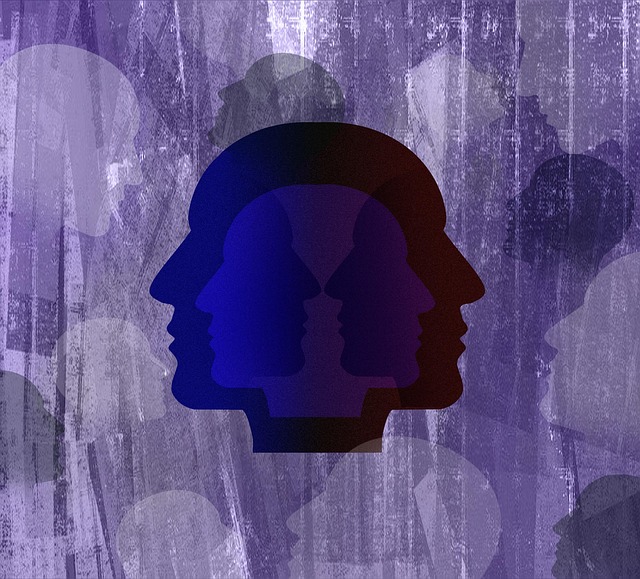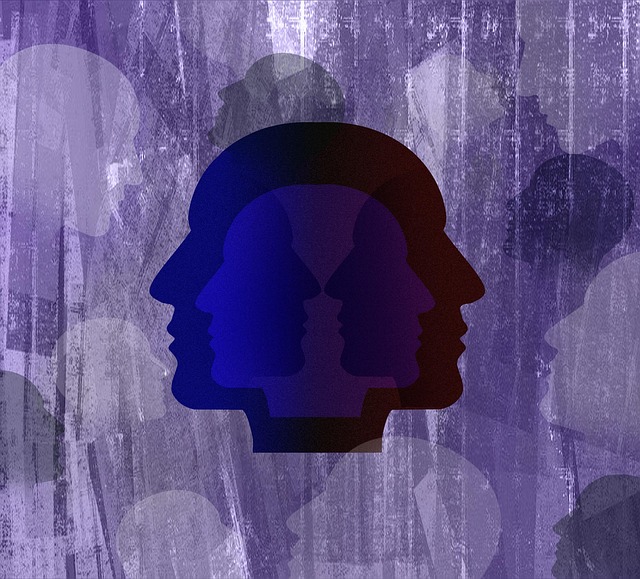Anxiety disorders, characterized by excessive fear and worry, are manageable through personalized therapeutic approaches like CBT, Exposure Therapy, MBCT, and IPT. Psychotherapy offers a collaborative space for patients to understand root causes and develop coping strategies. Lifestyle changes, including exercise, diet, sleep, mindfulness, and stress avoidance, complement therapy. Medications, such as SSRIs and benzodiazepines, are prescribed for symptom relief, with diverse options available for tailored anxiety treatment.
Anxiety disorders are a prevalent mental health concern, affecting millions globally. Understanding and seeking effective therapy is crucial for management and recovery. This article explores various aspects of anxiety treatment, from recognizing symptoms and diverse therapeutic approaches to practical lifestyle changes. We delve into evidence-based methods like psychotherapy, cognitive behavioral therapy (CBT), exposure therapy, and the role of medication. Discover how these strategies empower individuals to overcome anxiety and lead fulfilling lives.
Understanding Anxiety Disorders: Symptoms and Types

Anxiety disorders are a group of mental health conditions characterized by excessive and persistent fear, worry, or anxiety that interferes with daily living. Understanding what constitutes an anxiety disorder is crucial for seeking effective anxiety treatment. Symptoms can include feelings of restlessness, irritability, difficulty concentrating, insomnia, and physical manifestations like increased heart rate and muscle tension.
There are several types of anxiety disorders, each with its unique set of characteristics. Generalized Anxiety Disorder (GAD) involves excessive and uncontrollable worry about various aspects of life. Panic Disorder is marked by recurrent and unexpected panic attacks, while Social Anxiety Disorder centers around intense fear and avoidance of social situations. Other types include Specific Phobias, where individuals experience severe fear of specific objects or situations, and Obsessive-Compulsive Disorder (OCD), characterized by intrusive thoughts and repetitive behaviors.
Common Treatment Approaches for Anxiety

Anxiety disorders are commonly treated using a combination of evidence-based therapeutic approaches tailored to the specific needs of the individual. Cognitive Behavioral Therapy (CBT) is one of the most widely recognized and effective methods for anxiety treatment. CBT helps individuals identify and challenge negative thought patterns and behaviors contributing to their anxiety, teaching them practical coping strategies to manage symptoms effectively. Exposure therapy is another powerful technique, gradually exposing clients to feared situations or objects in a safe environment, enabling them to confront and overcome anxiety-provoking stimuli.
Additionally, mindfulness-based therapies like Mindfulness-Based Cognitive Therapy (MBCT) have gained popularity for their ability to enhance self-awareness and acceptance. These approaches encourage individuals to focus on the present moment without judgment, reducing anxious ruminations. Interpersonal therapy (IPT) is also valuable for those experiencing anxiety in relation to interpersonal relationships or significant life events. By addressing underlying issues and improving communication skills, IPT facilitates better management of anxiety symptoms. Many clients benefit from a combination of these treatment modalities, highlighting the importance of personalized care in anxiety treatment.
Psychotherapy: A Focus on Talk Therapy

Psychotherapy, or talk therapy, is a cornerstone in the comprehensive approach to anxiety treatment. This type of therapy involves collaboration between a trained mental health professional and the individual seeking relief from anxiety disorders. Through open dialogue, patients explore thoughts, feelings, and behaviors related to their anxiety, gaining valuable insights and learning coping strategies.
One of the key benefits of psychotherapy for anxiety is its ability to address underlying causes. It helps individuals understand the root triggers of their anxiety, whether it stems from past experiences, thought patterns, or environmental factors. By identifying these contributors, therapy empowers patients to challenge negative thinking, develop healthier responses, and gradually reduce anxious symptoms over time.
Cognitive Behavioral Therapy (CBT): Rewiring Your Thoughts

Cognitive Behavioral Therapy (CBT) is a highly effective approach for managing and overcoming anxiety disorders. It focuses on rewire your thought patterns by identifying and challenging negative or distorted thoughts that contribute to anxiety. Through CBT, individuals learn to replace these unhelpful thoughts with more realistic and balanced perspectives, which in turn reduces the physical and emotional symptoms of anxiety.
This therapy involves collaboration between a trained therapist and the client. Together, they work to understand the root causes of anxiety, often tracing back to early experiences or current stressors. By gaining insights into these triggers, individuals can develop coping strategies tailored to their specific needs. CBT empowers people to take control of their mental health, providing them with valuable tools to navigate and manage anxious thoughts and behaviors in everyday life, effectively serving as a powerful anxiety treatment method.
Exposure Therapy: Facing Fears Head-On

Exposure therapy is a powerful technique at the forefront of anxiety treatment, offering individuals a way to confront and overcome their fears head-on. This therapeutic approach involves gradually exposing the person to situations or objects they find anxiogenic in a controlled and safe environment. By doing so, patients can learn to manage and reduce their anxious responses over time.
The process begins with identifying specific phobias or anxiety triggers and then creating a hierarchy of fear-provoking scenarios. Therapy sessions involve step-by-step exposure to this hierarchy, starting from the least intimidating and moving up to more challenging situations. Through repetition and mindfulness techniques, individuals recondition themselves to respond differently to these triggers, ultimately desensitizing them and leading to significant improvements in anxiety treatment.
Lifestyle Changes for Better Mental Health

Anxiety disorders can significantly impact daily life, but beyond professional therapy, making lifestyle changes plays a crucial role in anxiety treatment. Incorporating regular physical activity, maintaining a balanced diet, and prioritizing sufficient sleep can naturally boost mood and reduce stress levels. These habits not only promote overall well-being but also serve as valuable tools to manage anxiety symptoms alongside therapeutic interventions.
Additionally, cultivating mindfulness through practices like meditation or deep breathing exercises can help individuals gain better control over their anxious thoughts. Reducing exposure to stressors and learning relaxation techniques empowers individuals to navigate triggering situations with heightened calmness. Together, these lifestyle adjustments work synergistically with therapy to create a holistic approach for effective anxiety treatment.
Medication Options for Anxiety Disorders

Medication plays a significant role in the comprehensive approach to anxiety treatment. Selective serotonin reuptake inhibitors (SSRIs) and sertraline, escitalopram, and fluoxetine are commonly prescribed as first-line medications due to their effectiveness and relatively mild side effects. These drugs work by increasing the levels of serotonin, a neurotransmitter that regulates mood and emotion, in the brain, which can help reduce symptoms of anxiety over time.
Other medication options include benzodiazepines like alprazolam and lorazepam, which are fast-acting sedatives often used for short-term relief during periods of intense anxiety or panic attacks. While effective, these medications are typically prescribed cautiously due to the risk of dependence and withdrawal symptoms. Additionally, certain types of beta-blockers and antihistamines may be used as adjunct therapies to complement other treatments, offering alternative avenues for managing specific anxiety symptoms.
